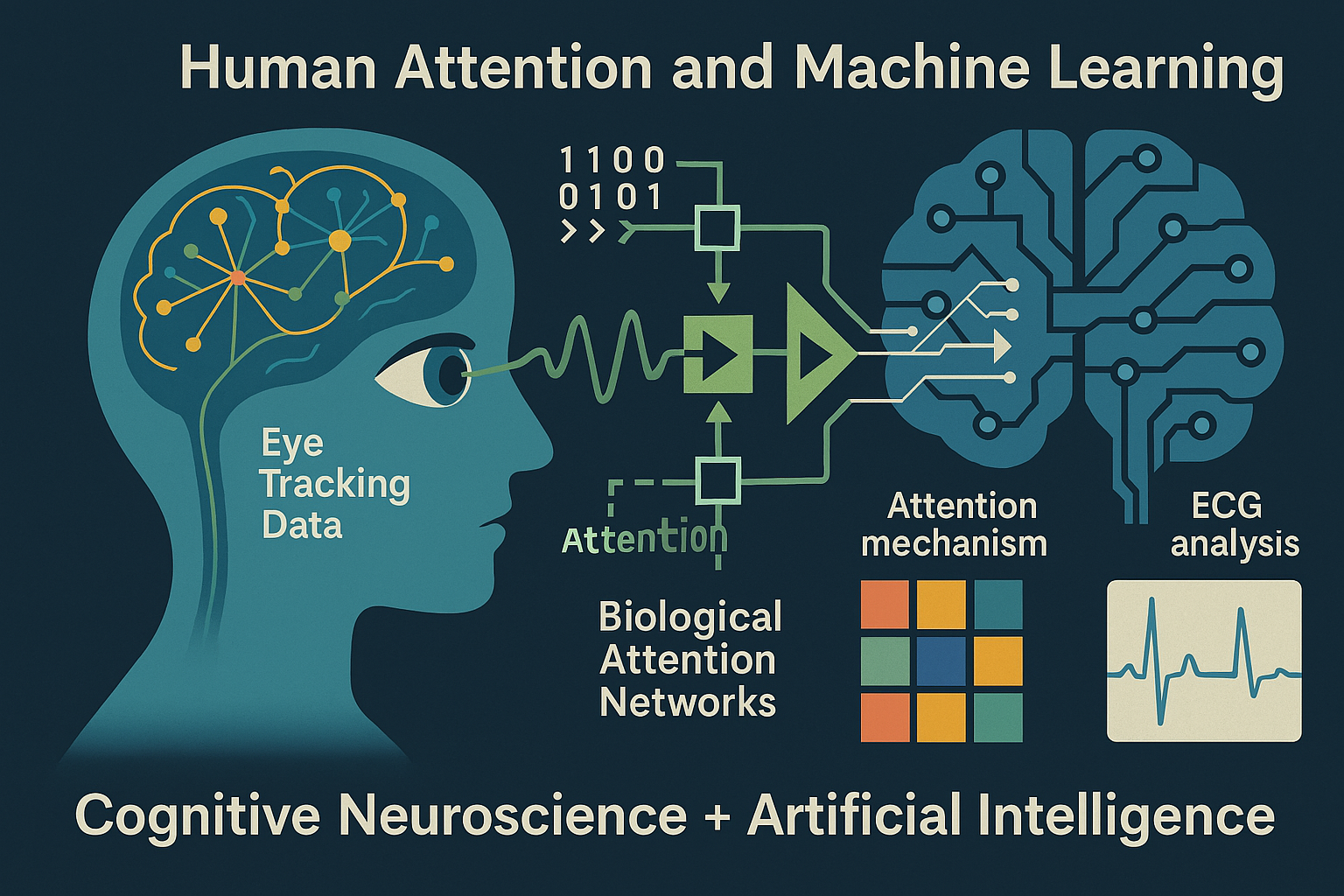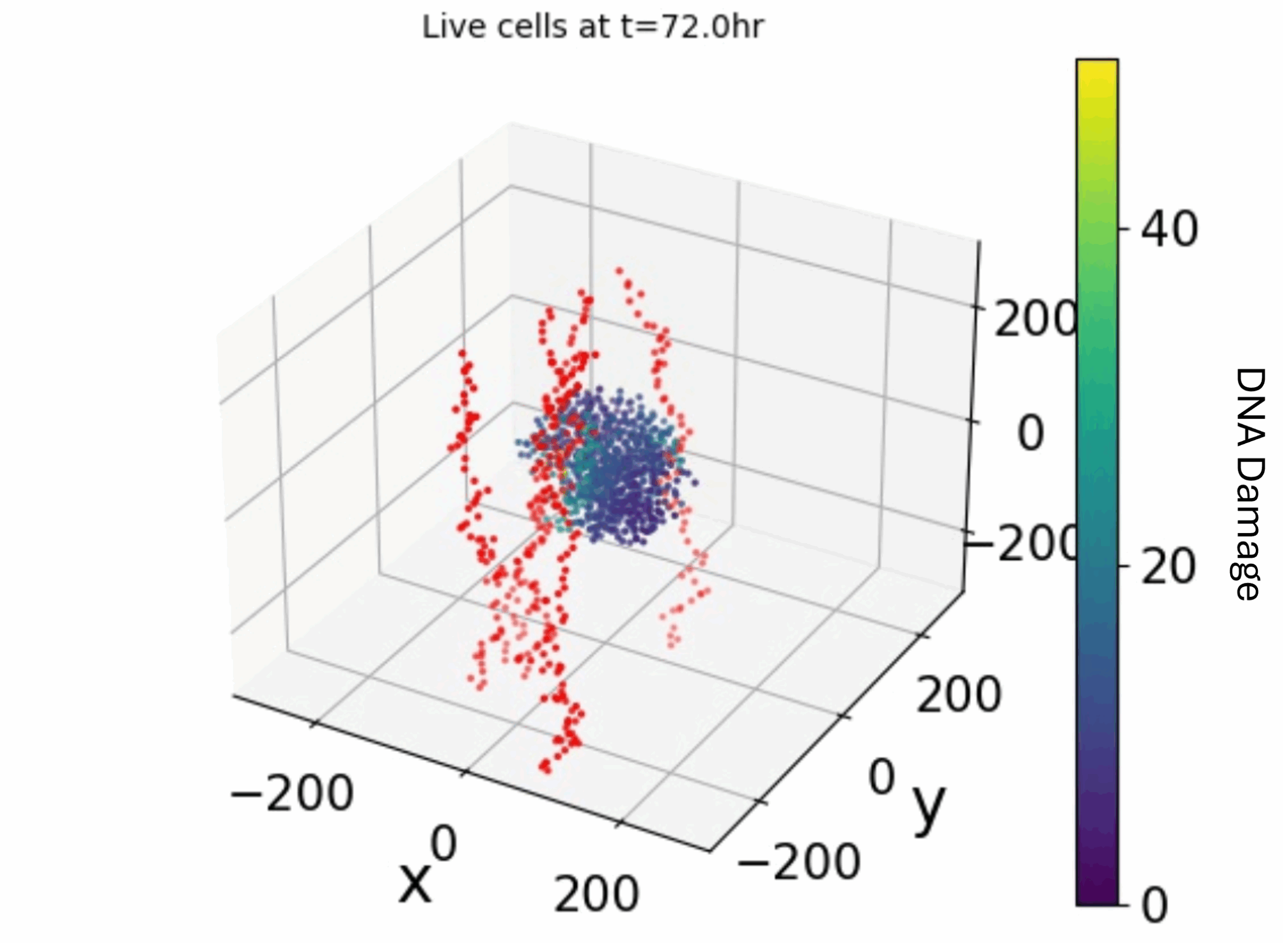-

Fatigue-resistant Elastomers with Integrated Electrodes for Modular Self-sensing DEGs and DFGs
Project Overview The project aims to develop fatigue-resistant novel self-sensing elastomers with integrated compliant electrodes that will be used for modular metamaterial-based Dielectric Elastomer Generators (DEGs) and Dielectric Fluid Generators (DFGs). In this project, 2D conductive fillers (e.g. MXene) will be used in achieving superior dielectric materials with extremely high dielectric permittivity and in making…
-

Machine Networks of Attention from Human Networks of Attention
Project Overview The addition of ‘attention’ to machine learning has recently improved many algorithms with the potential to transform a wide range of machine learning approaches (transformers, perceivers). Attention, simply, allows an algorithm to allocate more weight to input that is relevant for certain tasks, and less weight to the irrelevant. We propose that attention…
-

DSLgene: Data-driven Statistical Learning of generalised mechanics of textile composites (funded by the Royal Society, Project number NIF\R1\241753)
Project Overview In this project, we aim to revolutionise the current artificial intelligence modelling approaches of textile reinforcements by integrating machine learning with the extensive wealth of physics knowledge. This facilitates the development of robust material models of textile reinforcements with unparalleled reliability (in terms of extrapolatability), thereby enabling the prediction of unseen scenarios with…
-

The development of an autonomous drone swarm for rescue missions in desert
Project Overview The research focuses on the development of an autonomous drone swarm for search and rescue missions in desert environments by incorporates advanced algorithms for image recognition and autonomous navigation, alongside field testing and data analysis. By evaluating the system’s performance in both simulated and real-world settings, the aims to create a reliable and…
-

In-silico Framework for the Design, Characterisation and Topology Optimisation of Electroactive Polymers for Soft Robotics
Project Overview This PhD project focuses on the development of advanced Machine Learning (ML) techniques to generate accurate and efficient constitutive models for complex smart materials – particularly Electroactive Polymers (EAPs). Traditional modelling approaches for such materials often rely on computationally intensive homogenisation schemes within Finite Element Methods (FEM), which can limit their practicality for…
-

Developing low-cost multiplexed elElectroChemicaL biosEnsors for seNsitive in-situ deTection of water contaminants (EXCELLENT)
Project Overview My project aims to develop an ultrafast biosensor platform for in-situ detection ofmultiple contaminants (e.g., MIB, geosmin, PFAS, ammonia, nitrate, phosphate) in water byincorporating pattern recognition algorithms. For water utility companies, typicalanalyses of these contaminants require the transportation of water samples to a lab and isalso expensive and labour intensive. Quick turnaround time…
-

Modelling and Optimising Multi-Modal Customer Journeys in Commercial Banking: A Human-Centred Approach to Behavioural Analytics and Outcome Prediction Across Digital, Physical, and Telephony Channels
Project Overview This research investigates the use of Human-Centred AI to model and optimise customer journeys in UK commercial banking. The project focuses on multi-modal customer interactions across digital, physical, and telephony channels, such as mobile apps, online platforms, branch visits, and call centre experiences. Using topic modelling techniques on unstructured customer feedback (including surveys,…
-

Mathematical Modelling of Cancer – Adipocyte Interactions in Ovarian Cancer
Project Overview Ovarian cancer has the highest mortality rate of all gynaecological cancers, with 5-year survival rates of less than 50%. A primary reason for this is the location of the adipocyte-rich omentum, which has been demonstrated to play an important role in generating a pro-metastatic tumour microenvironment within the peritoneal cavity. This project aims…
-

Digital Twinning for Temporary Works Enabling Safe and Economic Project Implementation
Project Overview The construction industry currently relies on engineers, experience, prescribed codes and manual design processes to deliver buildings andinfrastructures. Due to the growing scale and complexity of construction projects, this existing system has become inefficient and costly. In some cases, it has even compromised safety and quality. Digital technology has significantly improved other industries…
